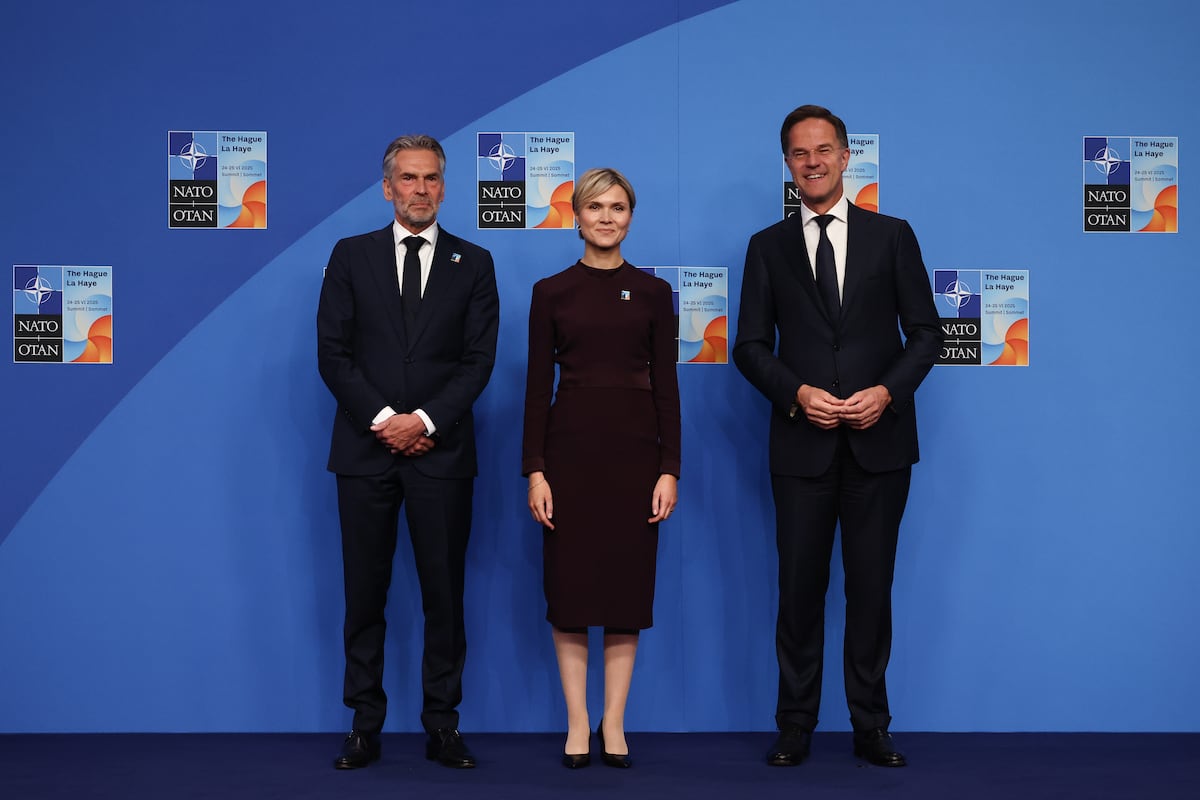
"Iceland remains unique as the only NATO member without an army, relying on its Coast Guard for defense and a strong commitment to strengthen its defense policy."
"The Icelandic government allocated only 0.01% of its GDP for defense in 2024, with commitment to increase investments amid rising tensions in global geopolitics."
"An unarmed Icelandic status is deeply rooted in national identity, making the prospect of establishing an army highly unlikely according to national experts."
"Iceland contributes to NATO by leveraging its strategic location for monitoring movements of submarines, a role it has fulfilled since World War II."
Iceland is redefining its defense policy due to the war in Ukraine, evolving international relations, and increased geopolitical interest from Russia and China. In 2024, the government plans to increase defense spending despite only allocating 0.01% of GDP. Iceland, a founding NATO member without an army, lacks intelligence capabilities and remains exempt from certain spending commitments. Its Coast Guard has taken on greater responsibilities, and the country heavily relies on a bilateral agreement with the US. A national commitment exists to preserve Iceland's unarmed identity, deepening debates about military integration.
Read at english.elpais.com
Unable to calculate read time
Collection
[
|
...
]